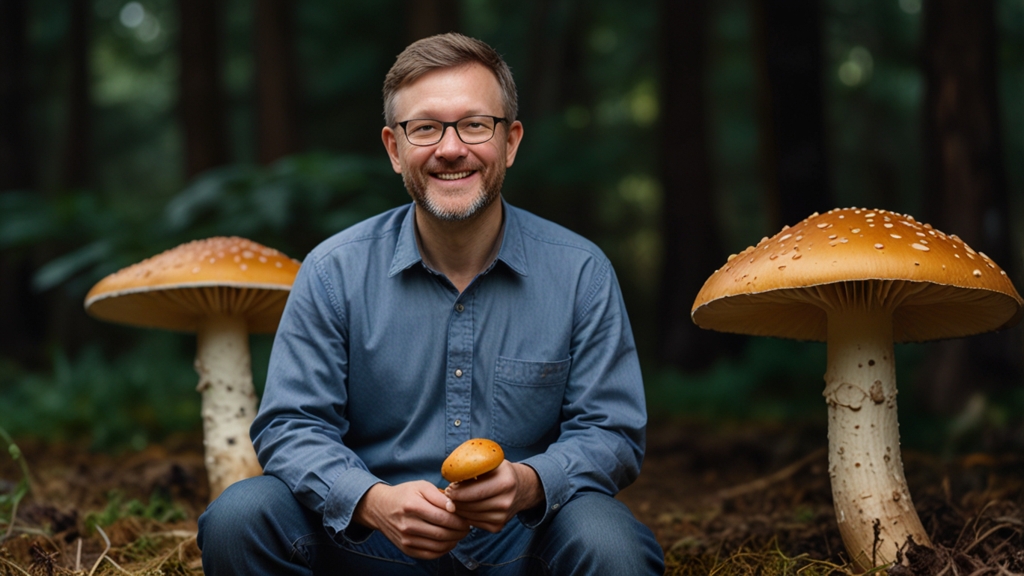How Fungi Hold the Key to Sustainable Agriculture
As global populations soar and environmental concerns mount, the quest for sustainable agriculture has never been more urgent. One of the most promising avenues in this quest lies beneath our feet—in the intricate, often invisible world of fungi. These remarkable organisms could revolutionize the way we approach farming, offering solutions that are both environmentally friendly and highly effective.
The Role of Fungi in Soil Health
Fungi, particularly mycorrhizal fungi, play a crucial role in maintaining soil health. These microorganisms form symbiotic relationships with plant roots, extending far into the soil to absorb water and nutrients that plants would otherwise be unable to access. This not only helps plants grow stronger and more resilient but also improves soil structure and fertility.
"Mycorrhizal fungi act like the internet of the soil, creating vast networks that link plant communities. They enhance nutrient cycling, water retention, and even help plants communicate with each other."
Natural Pest Control
One of the significant challenges in agriculture is managing pests without resorting to harmful chemicals. Here too, fungi offer a sustainable solution. Certain fungi are natural predators to pests, acting as biological control agents. For example, the fungal genus Beauveria is known to infect and kill a variety of insect pests, reducing the need for chemical pesticides.
"Using fungi for pest control is a game-changer. It reduces the reliance on synthetic chemicals, which can harm the environment and human health, while effectively managing pest populations."
Breaking Down Organic Matter
Another indispensable function of fungi is their ability to decompose organic matter. Fungi break down complex organic compounds into simpler forms, enriching the soil with nutrients. This process is vital for the nutrient cycle, ensuring that plants have access to essential elements like nitrogen, phosphorus, and potassium.
Moreover, certain fungi can break down agricultural waste products, turning them into valuable compost. This not only reduces waste but also creates a sustainable source of nutrients for crops.
Carbon Sequestration
Climate change is one of the most pressing issues of our time, and agriculture has a role to play in mitigating its effects. Fungi can help here as well. Mycorrhizal fungi are particularly effective at sequestering carbon in the soil. Through their intricate networks, they trap carbon, keeping it out of the atmosphere and helping to reduce greenhouse gas levels.
Challenges and Future Directions
Despite their potential, the use of fungi in sustainable agriculture is not without challenges. Understanding the complex relationships between fungi and plants requires ongoing research. Additionally, commercializing fungal solutions for widespread agricultural use involves overcoming regulatory and economic hurdles.
However, the future looks promising. Advances in biotechnology and a growing awareness of the need for sustainable practices are driving increased interest and investment in this field. By harnessing the power of fungi, we can move towards agricultural systems that are not only more productive but also kinder to the planet.
In conclusion, fungi hold immense promise for sustainable agriculture. From enhancing soil health and providing natural pest control to breaking down organic matter and sequestering carbon, these microorganisms offer a multifaceted approach to tackling some of agriculture's most significant challenges. As research and technology continue to evolve, fungi could very well be the cornerstone of a more sustainable and resilient agricultural future.
"Fungi represent a new frontier in our quest for sustainable agriculture. By tapping into their potential, we can create farming systems that are both ecologically and economically viable."













